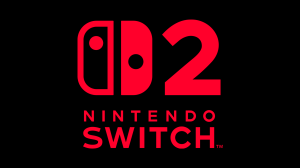On Monday, Writers Guild of America voters chose to authorize a strike should one be necessary in the coming weeks, a move that could bring Hollywood to a halt if a new agreement between WGA West and WGA East and the Alliance of Motion Picture and Television Producers (AMPTP) regarding compensation and a host of other issues can’t be reached, but Netflix co-CEO Ted Sarandos says that while he doesn’t want the writers to strike, if they do he isn’t worried. During Netflix’s first quarter 2023 earnings call on Tuesday, Sarandos said that Netflix has a “pretty robust slate of releases” that they will be able to use to get through any potential strike.
Videos by ComicBook.com
“We respect the writers, and we respect the WGA,” Sarandos said. “We couldn’t be here without t hem. We don’t want a strike. The last time there was a strike, it was devastating to creators. It was really hard on the industry. It was painful for local economies that support productions. And it was very, very, very bad for fans. We want to work really hard to make sure we can find a fair and equitable deal so we can avoid one.”
He continued, “If there is a strike, we have a large base of upcoming shows and films from around the world and we could probably serve our members better than most. We do have a pretty robust slate of releases to take us into a long time.”
What are the new WGA contract disputes over?
Given the skyrocketing popularity of shows and films on streaming, the WGA is hoping to increase royalty and residual payments from those shows placed on streaming platforms to an amount resembling that of network television. Other points include general compensation, with the writers guild looking for higher wages all-around, and regulating the size of writer’s rooms in an attempt to help keep more writers employed.
Will a strike happen?
Right. now, both sides have until the guild’s contract expires on May first to come to a new agreement. If no agreement is made by that time, a strike is likely. The last strike took place from February 5, 2007, through February 12, 2008, and saw wide disruption to television production during the strike as well as had an impact on television viewership during the time period. There were also economic impacts of the strike as well with it estimated that the strike cost the economy of Los Angeles $1.5 billion., according to NPR at the time.








